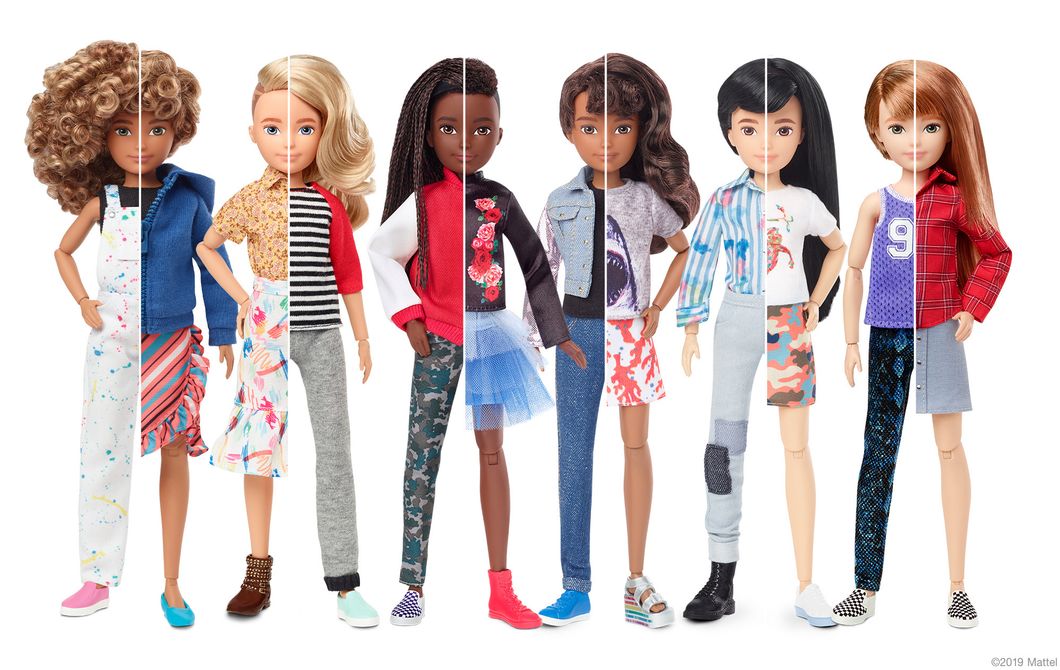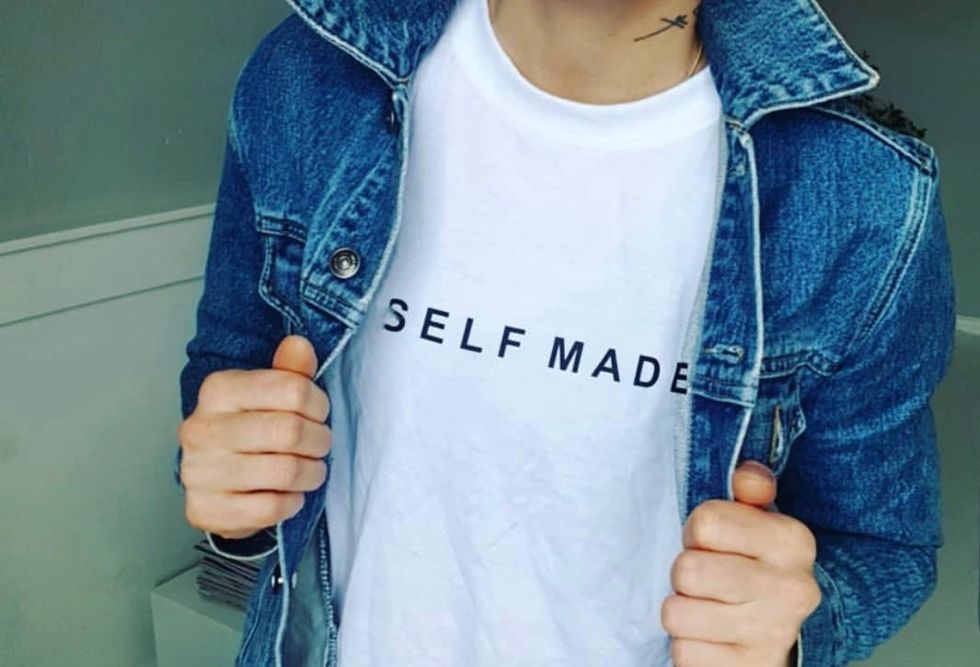No, Karen, We Can't 'Go Back To 1970,' Mattel's Gender-Neutral Dolls Are Part Of The Future I Want For Kids
It should not be seen as a bad thing for a doll to exist that can make a gender-fluid or non-binary child feel represented.
Gender roles are instilled in us from the moment we are born. Girls can only wear pink and boys can only wear blue. Girls play with dolls and boys play with trucks. We are continuously told to keep ourselves inside of this gendered box, even though the box is not one-size-fits-all.
Gender is not binary and more corporations have come to realize that.
Mattel has recently launched a new line of dolls that are gender-neutral. The doll goes by the pronouns him, her, them, and xem, which makes it perfect for any child to see themselves in. None of the doll's facial features are the stereotypical "male" or "female" features and the child has the option of either keeping the doll's short hair or putting on its accompanying wig. Even the doll's clothing can work for a child of any gender, like hoodies and sneakers.
The slogan for this toy is, "A doll line designed to keep labels out and invite everyone in."
Despite this doll being created to champion inclusivity in the toy industry, many parents are angered at its existence. They feel that Mattel is forcing a "political agenda" on them by making the doll line gender-neutral. It should not be seen as a bad thing for a doll to exist that can make a gender-fluid or non-binary child feel represented.
When the dolls were being tested, one mother stated, "It's just too much. Can't we go back to 1970?"
It is your responsibility as a parent to have these important conversations about gender identity with your children. It is not "too much." This is the expectation that you need to meet. It is a disservice to your child if you refuse to educate them about gender fluid and non-binary identities.
Not only are you trying to shield them from the reality of a world where many gender non-conforming people exist, but you're also preventing them from being able to decide what their own gender identity is.
The world we live in today is making social justice much more of a priority than in 1970, so why would we ever want to go back? We should instead be looking forward and striving to educate ourselves more with each passing day.



























